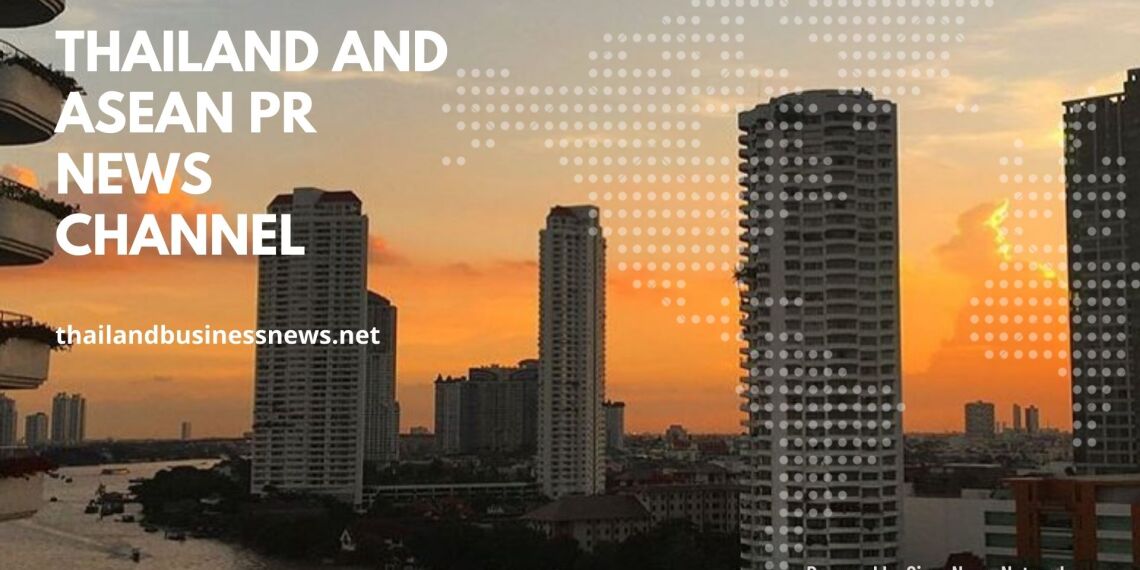 "Aiming to offer a Dengue antiviral treatment course in $100 price range" Hyundai Bioscience decides to conduct dengue clinical trials in Brazil, which has the largest number of Dengue patients and offers a fast-track approval
"Aiming to offer a Dengue antiviral treatment course in $100 price range" Hyundai Bioscience decides to conduct dengue clinical trials in Brazil, which has the largest number of Dengue patients and offers a fast-track approval
SEOUL, South Korea, April 25, 2024 /PRNewswire/ — Hyundai Bioscience announced on April 25th that, after multiple consultations with global clinical research organizations (CRO), it has decided to conduct clinical trials for its ‘niclosamide-based Dengue antiviral’ in Brazil, which has the highest number of dengue cases and deaths in the world.
Hyundai Bioscience outlined two main reasons for choosing Brazil as its Dengue clinical trial regions:
Firstly, Brazil has been the most affected country by the Dengue virus. According to the Brazilian health authorities, as of April 10th this year, there has been 3,062,181 reported cases of Dengue infections with 1,256 deaths. Brazilian health authorities expect the number of infections this year to more than double last year’s 1.6 million cases. 71 cities in Southern Brazil, including São Paulo and Rio de Janeiro, have declared a public health emergency over Dengue.
Secondly, Brazil offers a fast-track process for drugs targeting diseases with no available treatments. Although the number of Dengue cases and deaths is rapidly increasing not only in Brazil but globally, there is no antiviral treatment available. Niclosamide, the active pharmaceutical ingredient of Hyundai Bioscience’s Dengue antiviral, has been known to have antiviral efficacy against all serotypes of Dengue viruses through previous in vitro studies, and its safety has also been confirmed through Hyundai Bioscience’s preclinical and clinical studies for COVID-19. This may enable to skip preclinical study and to proceed promptly to clinical study through the fast-track approval process.
Dengue treatment has not been developed for over 50 years since the Dengue virus was discovered. Development of Dengue treatments is challenging because it must be effective against all four serotypes of the Dengue virus as well as against their mutants.
Hyundai Bioscience has successfully repurposed Niclosamide for Dengue antiviral through its patented drug delivery system technology using inorganics and polymers that are harmless to the human body. With its proprietary technology, Hyundai Bioscience has overcome the challenges of low bioavailability and short half-life of Niclosamide which has pan-serotype antiviral efficacy against Dengue according to the past in vitro studies.
Hyundai Bioscience completed the development of a Niclosamide-based formulation for Dengue treatment, which enables drug concentration at 50% viral inhibition level (IC 50) or higher to inhibit the proliferation of four serotypes of the Dengue virus as well as Zika, Chikungunya, and Yellow fever viruses. Hyundai Bioscience stated that Dengue can be treated effectively if the antiviral is administered early stage of the infection before the viral load rapidly increases. Early treatment may be possible if the drug can treat not only Dengue but also other mosquito-borne viral infections such as Zika and Chikungunya that show similar symptoms to Dengue. The new Niclosamide-based Dengue antiviral formulated by Hyundai Bioscience has a broad-spectrum antiviral efficacy that can treat not only Dengue infection but other mosquito-borne viral infections; hence, early and effective Dengue treatment may be possible with effective early administration before a rapid viral load increase.
Hyundai Bioscience plans to conduct a basket-type clinical trial in Brazil (confirmatory clinical study for Dengue and exploratory clinical study for other mosquito-borne viral infections). This involves administering the antiviral early to patients infected by any of the four serotypes of the Dengue virus as well as those infected by other mosquito-borne viruses such as Zika and Chikungunya, and then evaluating the drug’s efficacy in the Dengue-confirmed patient population.
According to the World Health Organization (WHO)’s announcement on March 28, 2024, the number of Dengue cases in the Americas reached 3,578,414 in 2024, with 1,039 deaths. This figure is 3 times the number of Dengue cases reported at the same time in 2023. The global market for Dengue treatments is expected to grow from $880 million in 2023 to $5.4 billion by 2033.
"The success of Dengue clinical study on our Niclosamide-based antiviral could lead to its emergency use authorization not only in Brazil but also in other countries. We plan to set the supply price in the $100 range", said Dr. Kim Kyung-Il, CEO of Hyundai Bioscience USA.
About Hyundai Bioscience
Hyundai Bioscience is a biotechnology company that develops new drugs based on its novel drug delivery system technologies to deliver active ingredients safely and efficiently to targeted areas of the human body. Founded in 2000, Hyundai Bioscience focuses on repurposing or expanding indications of existing drugs using its proprietary organic-inorganic hybrid technologies. Hyundai Bioscience is a public company listed on KOSDAQ (symbol: 048410) in South Korea.
For more information, please contact Ms. Joobin Jung, Global PR Manager (joobin@hyundaibio.com).
This content was prepared by our news partner, Cision PR Newswire. The opinions and the content published on this page are the author’s own and do not necessarily reflect the views of Siam News Network


